(February 13, 2023) She was only 16 when she made her way to the US to study at Georgetown University, and “after 17 years on an alphabet soup of visas to become a US citizen”, Pramila Jayapal was lucky enough to have the “opportunity to live the American dream” – something that’s still a distant dream for many immigrants today. And now she is set to make this dream a reality for many immigrants as the Indian-American Congresswoman has been named Ranking Member of the powerful House Judiciary Committee’s panel on Immigration, making her the first immigrant to serve in a leadership role for the subcommittee. “It is extremely meaningful to me that I will now be in this position to better move the needle and re-center our broken immigration system around dignity, humanity, and justice,” she said.
Interestingly, she is the first immigrant to serve in a leadership role for the subcommittee. “As the first South Asian woman elected to the US House of Representatives and one of only two dozen naturalised citizens in Congress, I am honoured and humbled to serve as the Ranking Member of the House Subcommittee on Immigration Integrity, Security, and Enforcement,” added the 57-year-old who is representing the 7th Congressional District of Washington State.
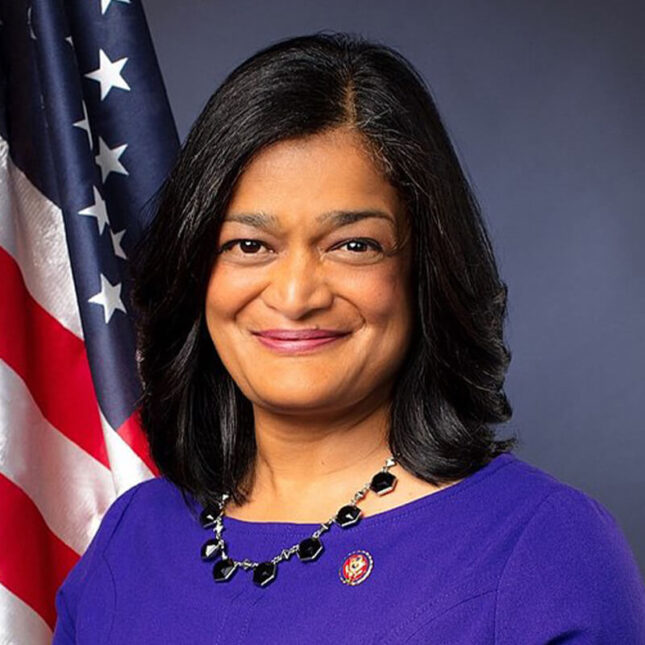
Born in Tamil Nadu, she grew up in India, Indonesia, and Singapore before moving to the US in 1982 to study English and Economics at Georgetown University, and later enrolled in Northwestern University’s Kellogg School of Management for an MBA.
It was in the 90s that she began her activism as a community organiser in Seattle, Washington, working on a variety of social justice issues, including immigrant rights, environmental protection, and affordable housing. She served as Director of the Fund for Technology Transfer at Program for Appropriate Technology in Health (1991-1995), a program that funded critical health projects in Asia, Latin America, and Africa. In 1995, she was awarded a two-year fellowship from The Institute of Current World Affairs to live in villages and towns across India and write about her perspectives on modern Indian society in the context of development and social justice. In 2000, she published her first book Pilgrimage to India: A Woman Revisits Her Homeland.
Then 9/11 happened, and that’s when Pramila started OneAmerica — originally called the Hate Free Zone Campaign of Washington — as a response to the hate crimes and backlash against Arabs, Muslims and South Asians. “What started as simply protecting people against hate crimes turned quickly into much more—working to defend our civil liberties and rights for all immigrant communities,” the Global Indian wrote in a blog.

She soon realised the importance of federal immigration reform policy to the US. “In 2003, through the Immigrant Worker Freedom Ride, we began working on immigration reform and never stopped. We built political power for immigrants in our state, registering and mobilising to the polls tens of thousands of New Americans. We organised in different ethnic communities and advocated for better policies. We worked with the media to improve the narrative around immigrants and immigration. Together, with partners, allies, and members, we built OneAmerica from a fledgling effort into the largest immigrant advocacy organisation in Washington and a strong national force for justice,” she added.
It was in 2016 that she ran for the House of Representatives and was elected as the first Indian-American woman to serve in the House of Representatives. In Congress, she has been a vocal champion of a wide range of progressive causes, including healthcare reform, environmental protection, and reproductive rights. She is also a leading voice in the fight for comprehensive immigration reform and has been a vocal critic of the Trump administration’s hard-line immigration policies.
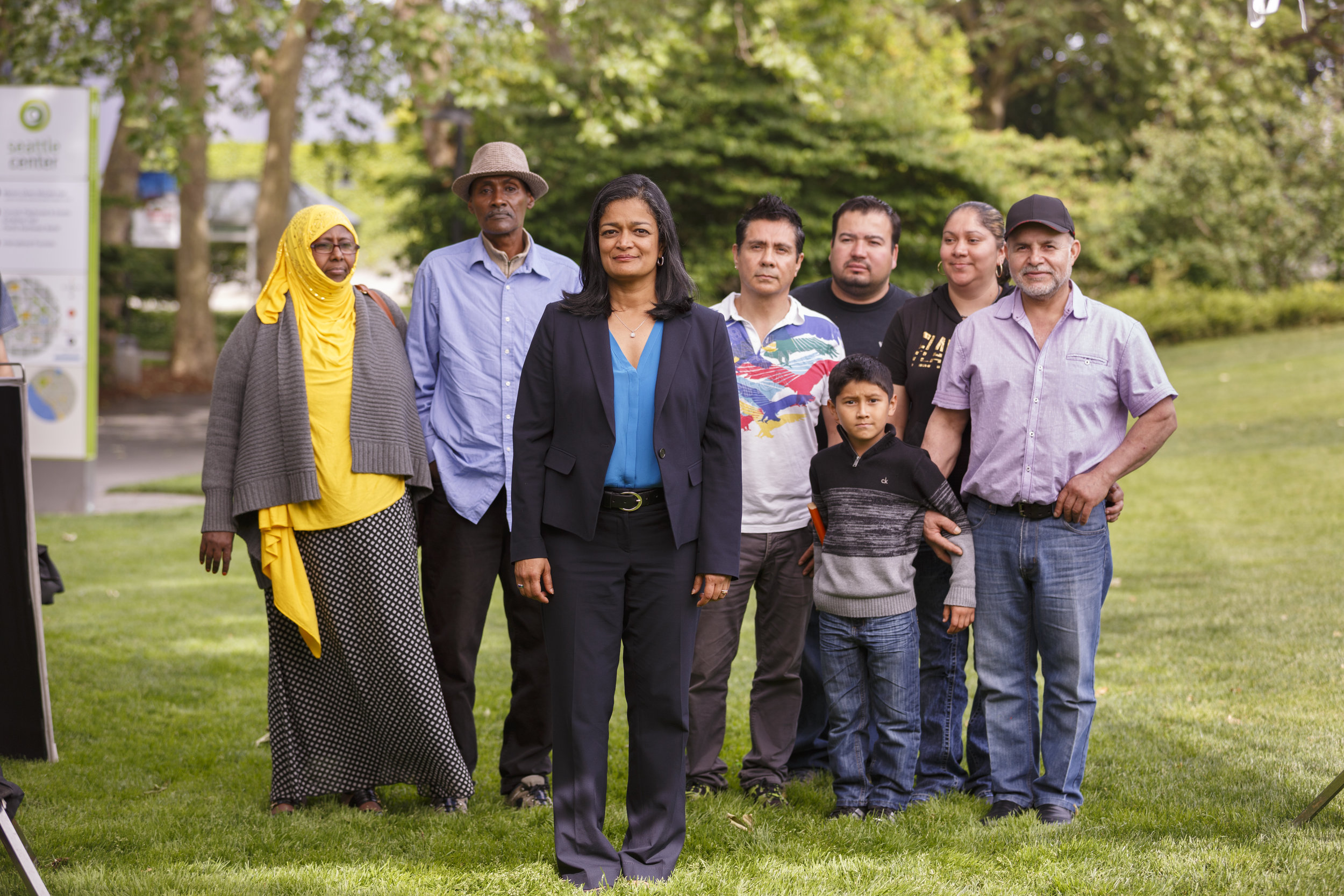
Moreover, she played a key role during the Covid-19 pandemic through American Rescue Plan, a $1.9 trillion stimulus package aimed at providing relief to individuals and businesses impacted by the pandemic. Furthermore, she is a philanthropist and an advocate for women’s rights, LGBTQ+ rights, and healthcare. She has introduced several bills aimed at improving the lives of marginalised communities, including the Medicare for All Act of 2019.
She is married to Steve Williamson, a long-time labor leader, and strategist, and is the proud mother of a transgender daughter named Kashika.
- Follow Pramila Jayapal on Linkedin

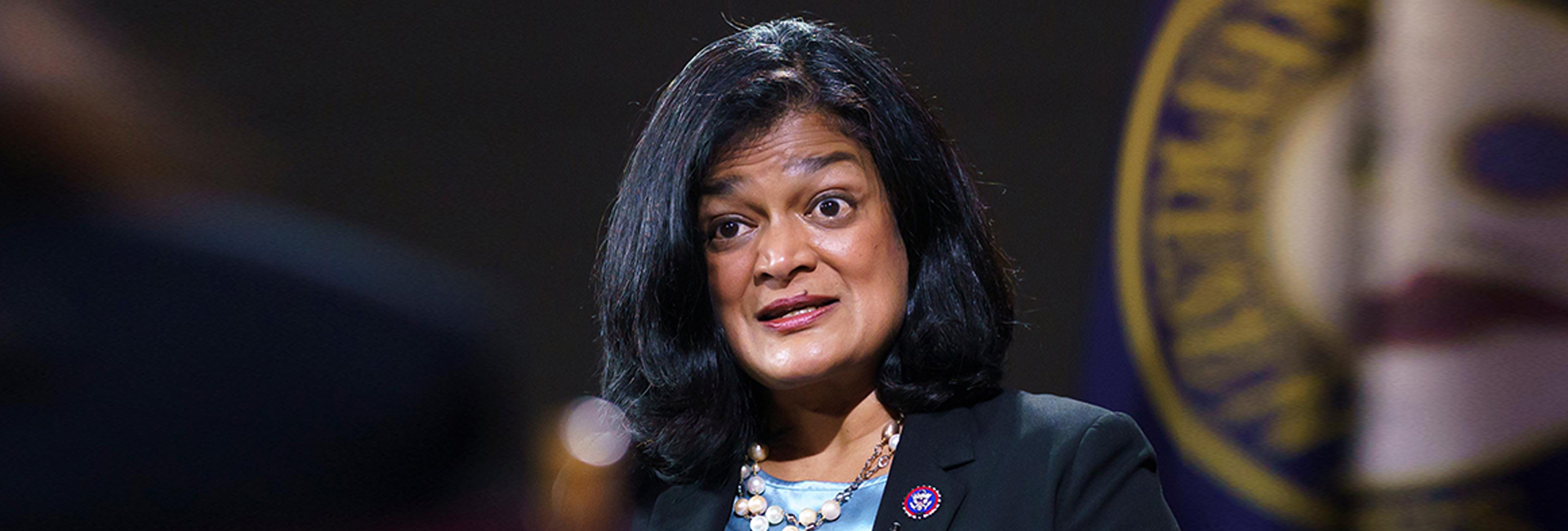
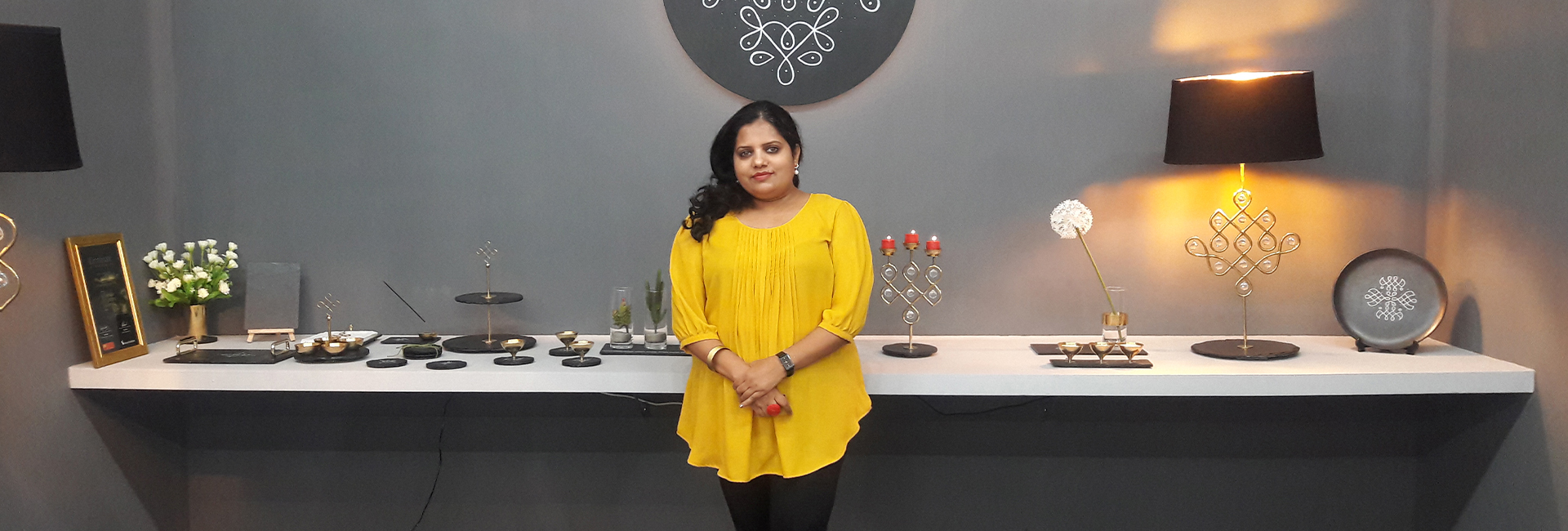
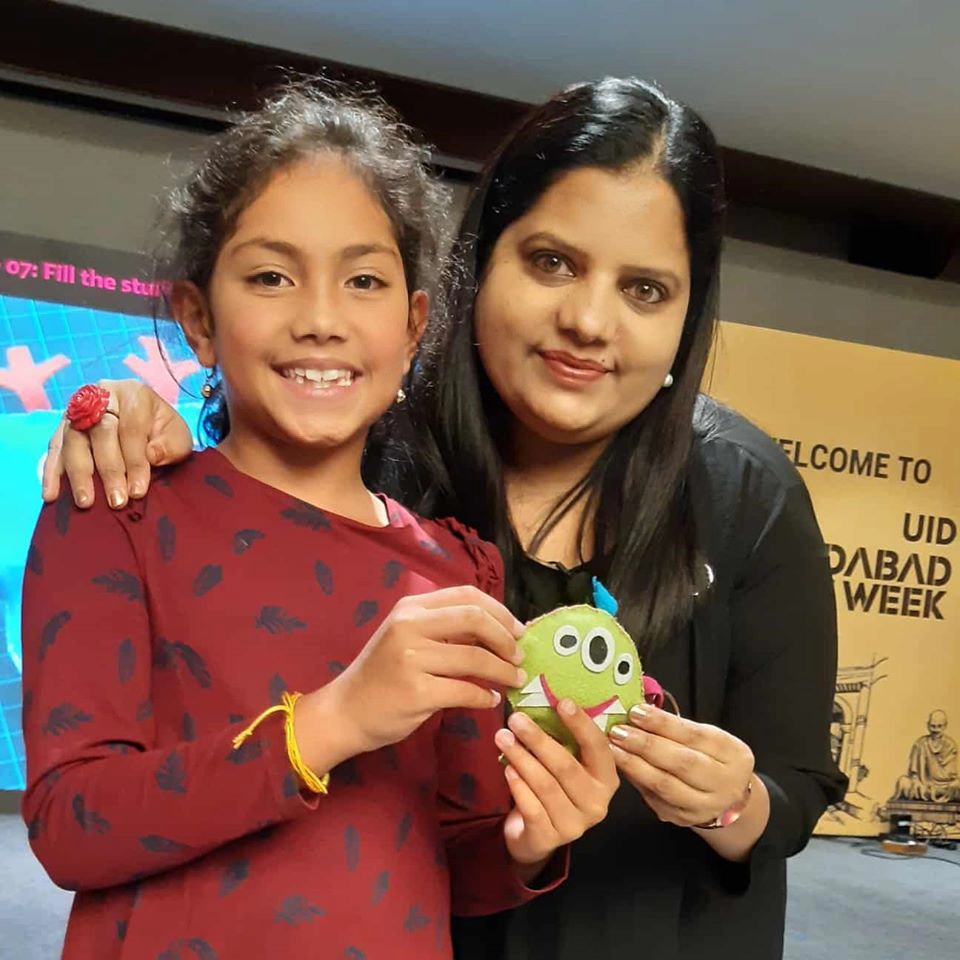 Suhasini with a participant from one of her workshops[/caption]
Suhasini with a participant from one of her workshops[/caption]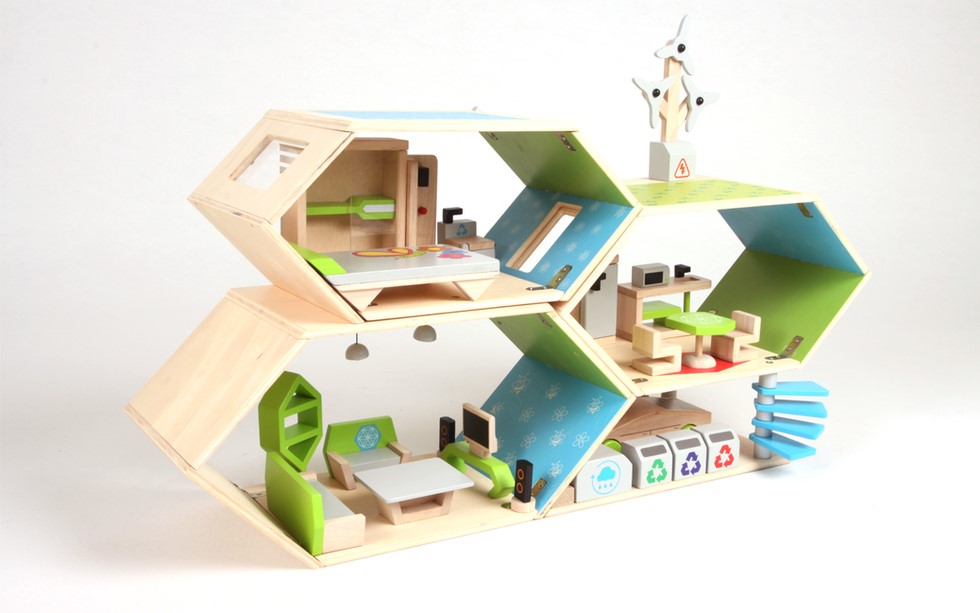 An eco doll house: Credit:
An eco doll house: Credit: 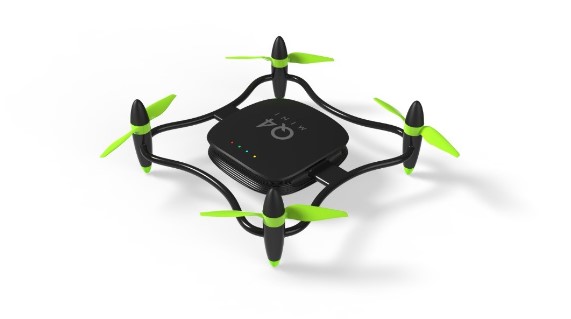 A mini-drone designed in collaboration with
A mini-drone designed in collaboration with 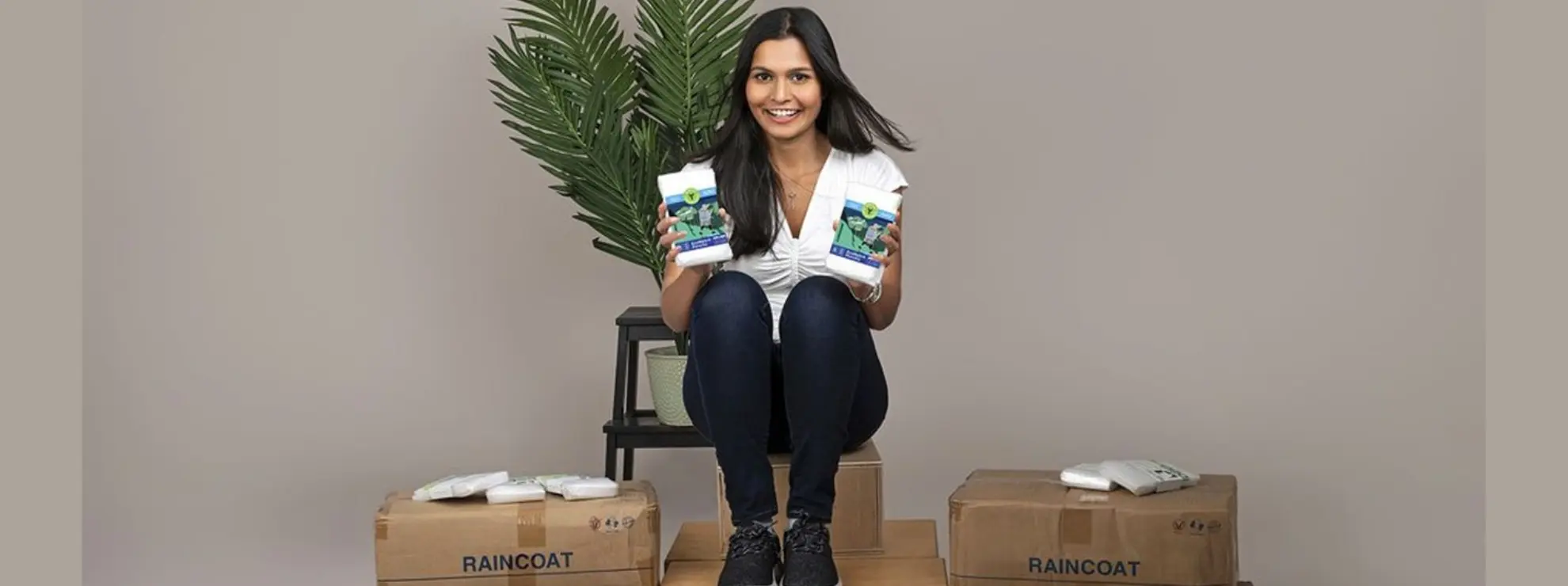

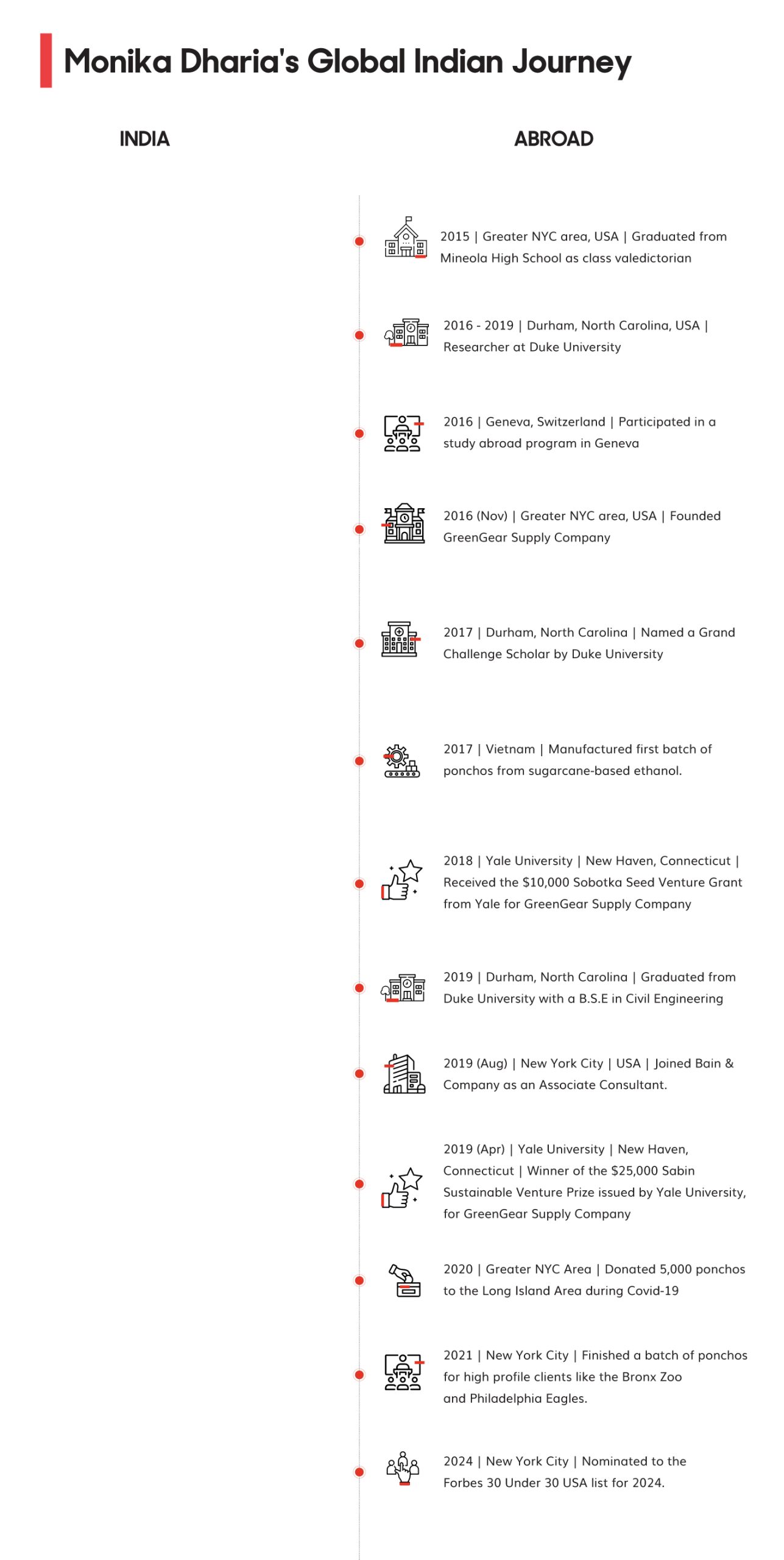
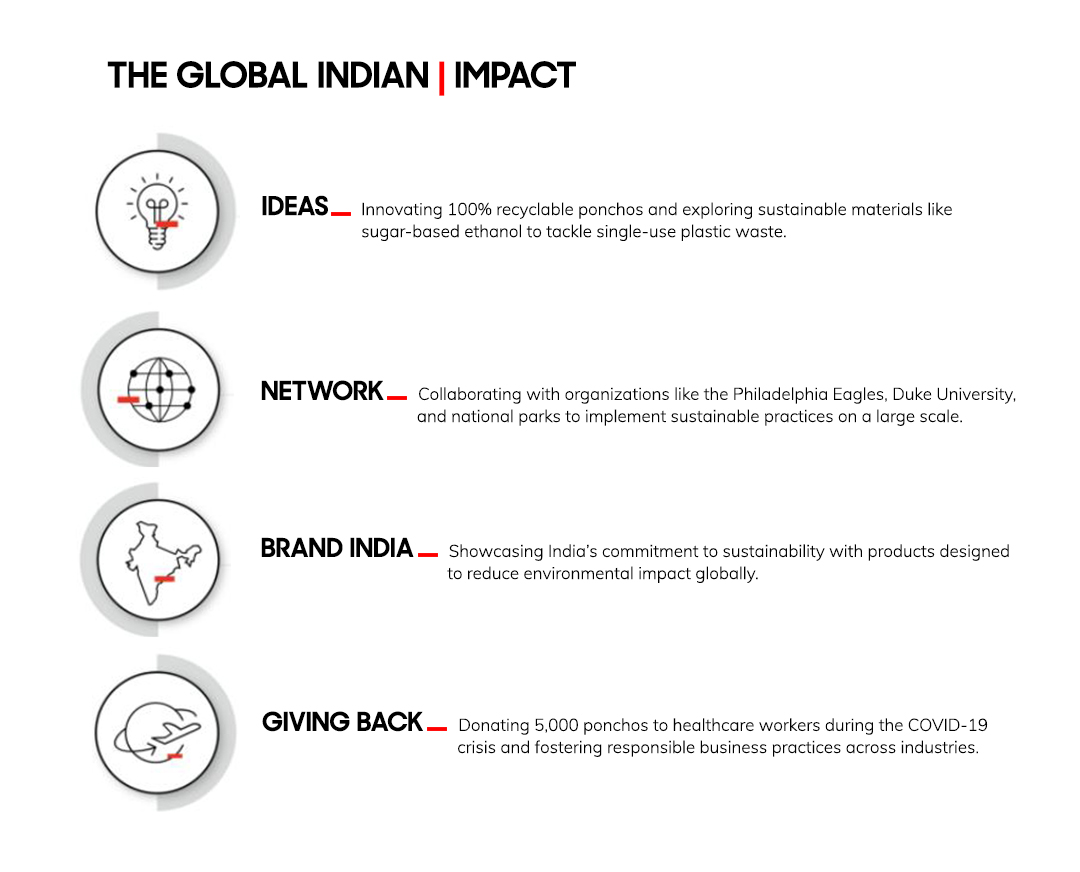

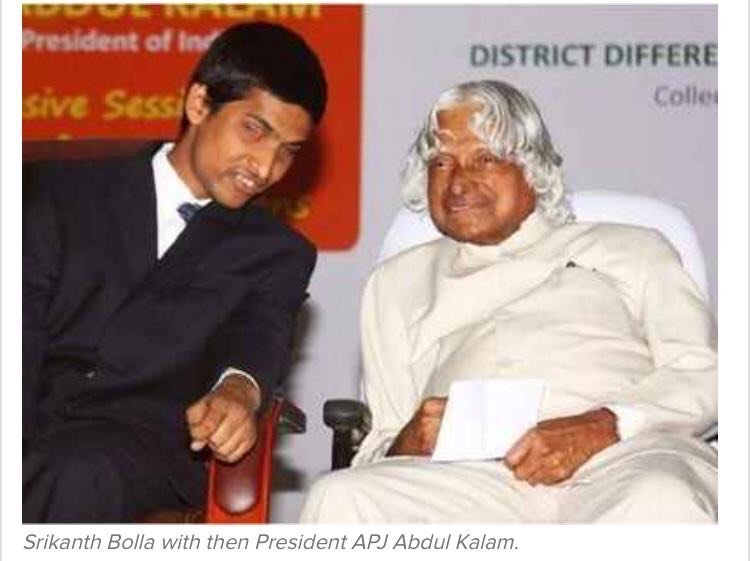

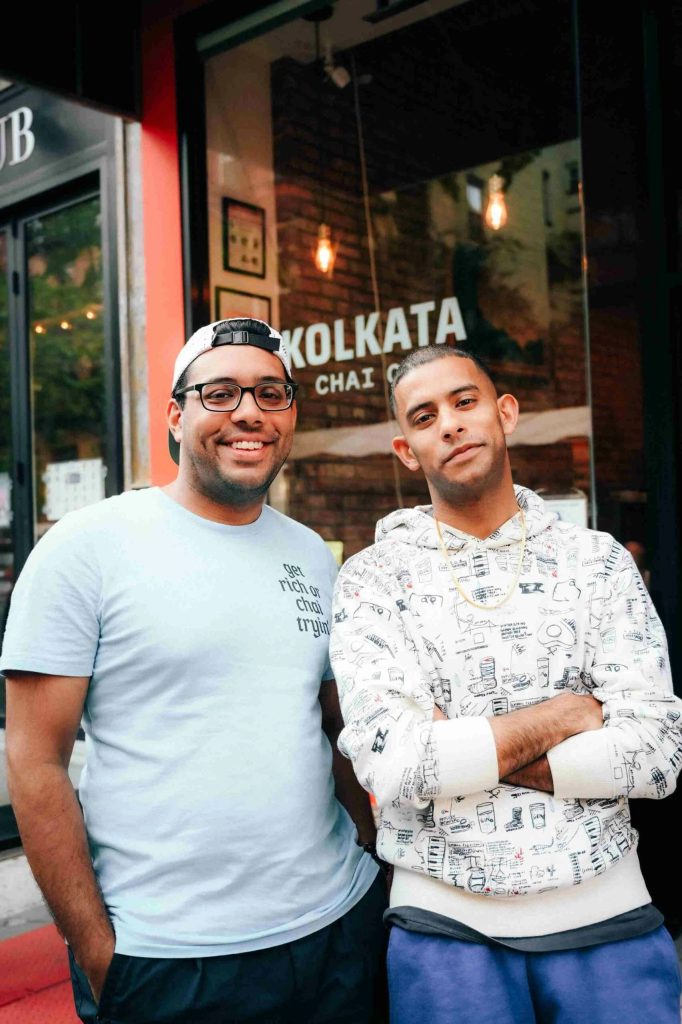 Ayan and Ani Sanyal[/caption]
Ayan and Ani Sanyal[/caption]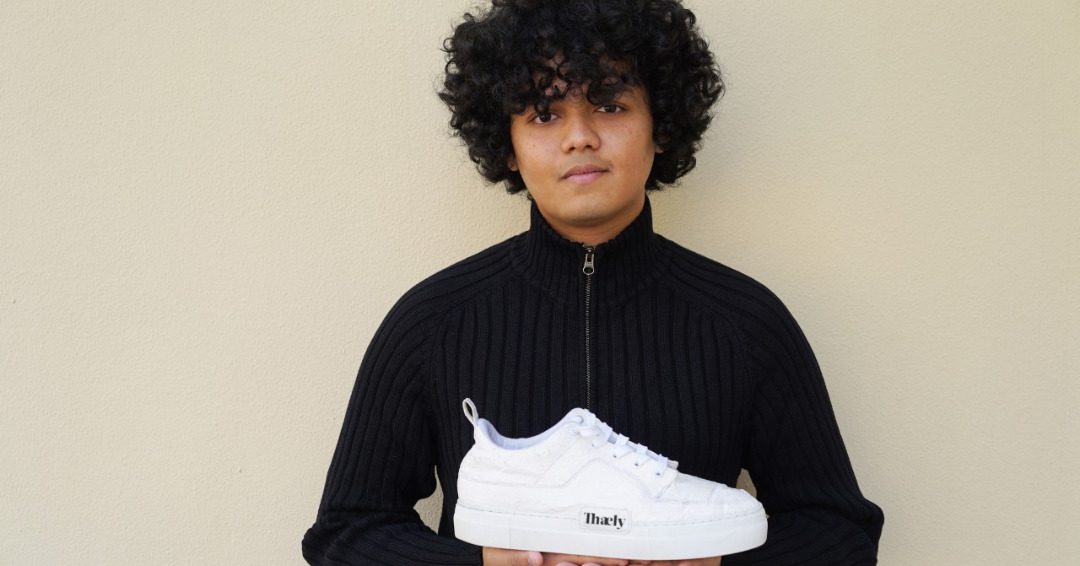
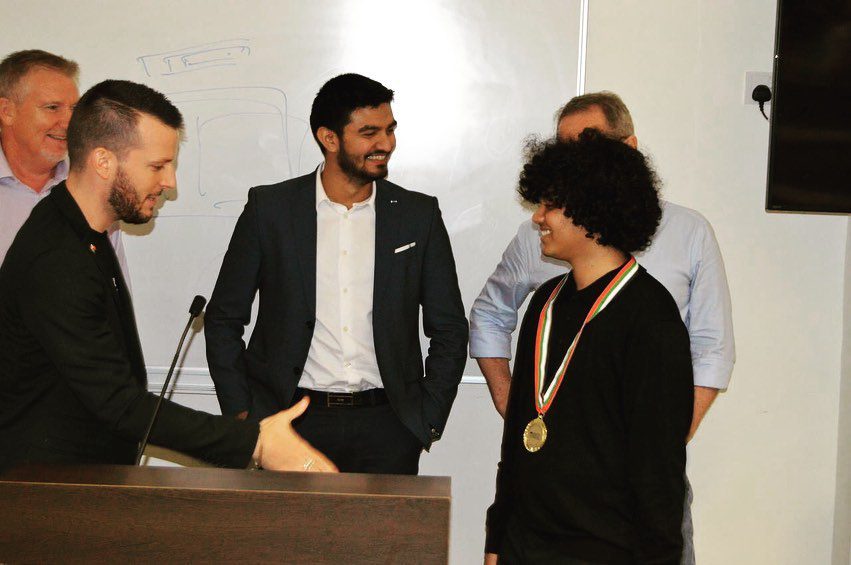 Ashay Bhave[/caption]
Ashay Bhave[/caption]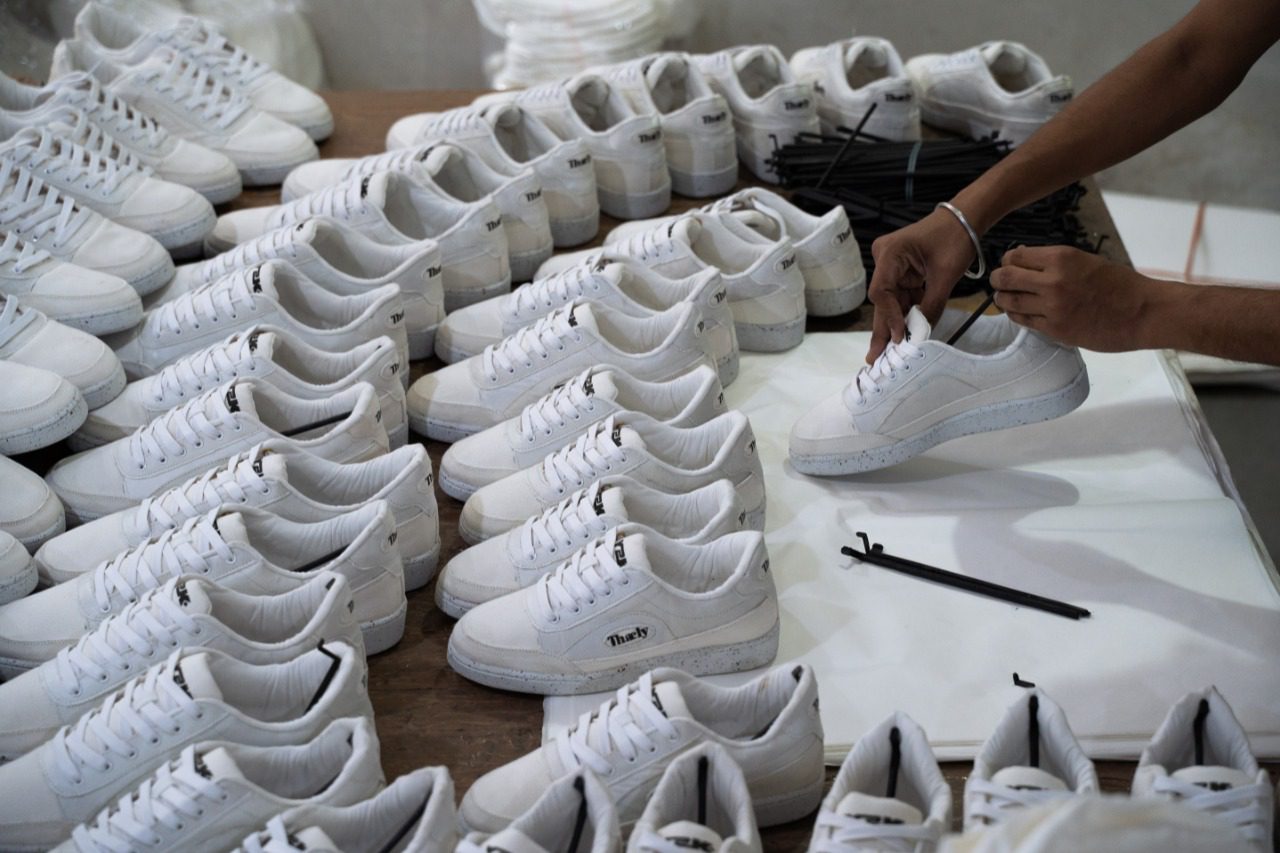 Thaely's vegan sneakers[/caption]
Thaely's vegan sneakers[/caption]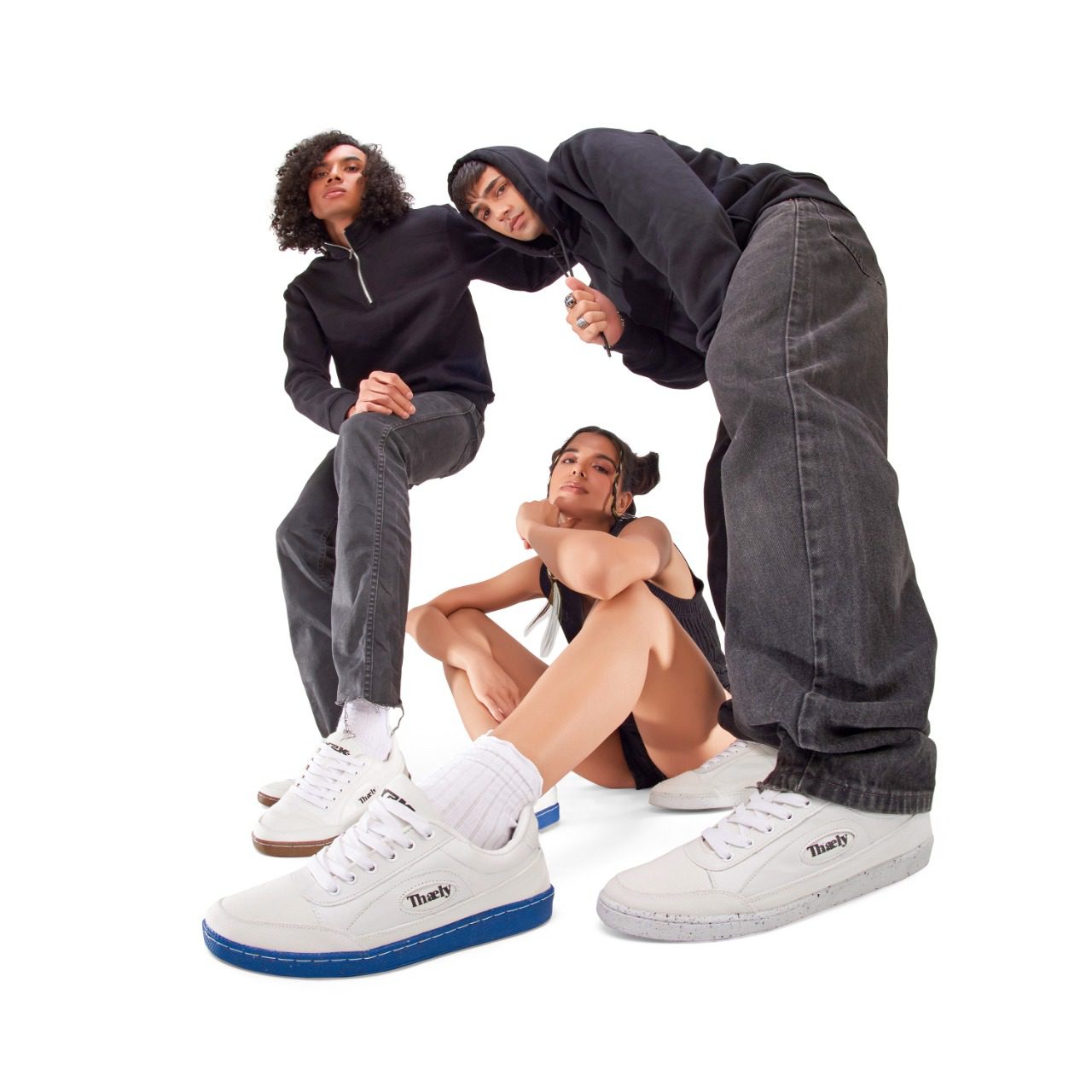 Thaely sneakers[/caption]
Thaely sneakers[/caption]